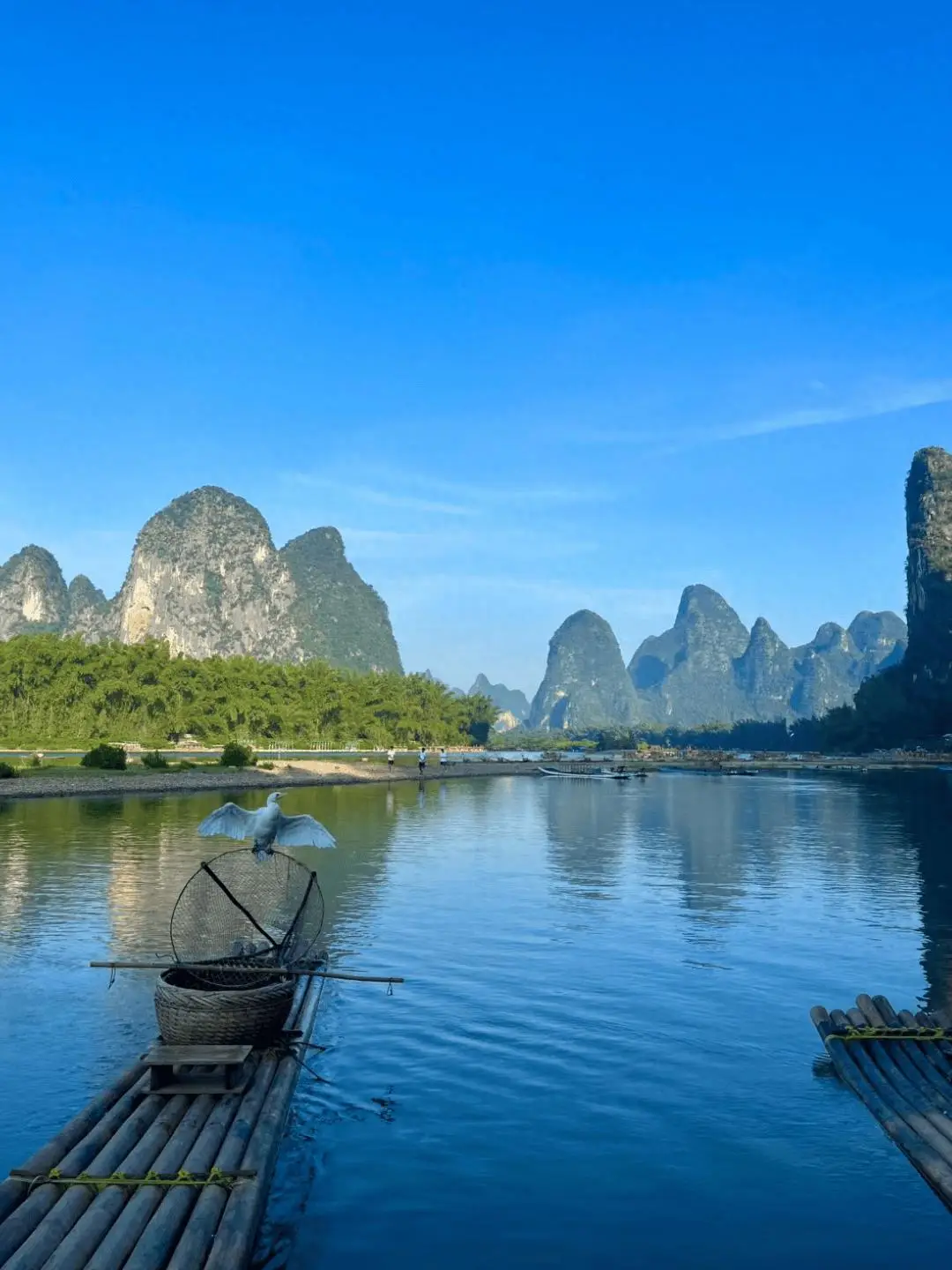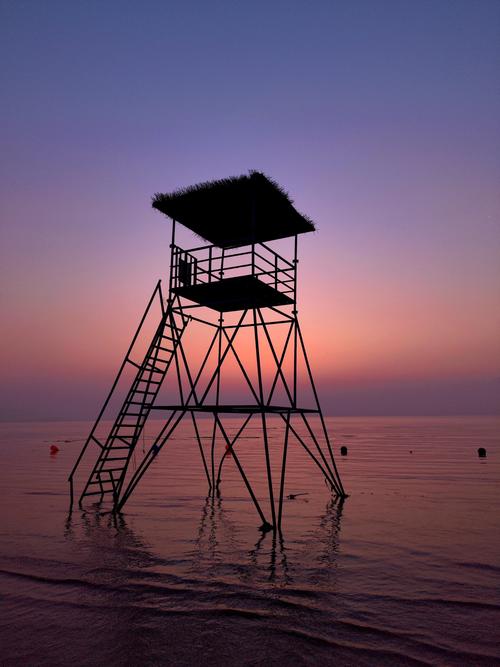France Travel
French Attractions Festivals: French Travel During Local Festivals, Experience Culture at French Events
Title: Immersive Journeys: Experiencing French Culture Through Local Festivals and Events
France, a country synonymous with art, history, and gastronomy, offers a travel experience that is both profound and multifaceted. While iconic landmarks like the Eiffel Tower, the Louvre, and the French Riviera rightfully draw millions of visitors each year, there exists a deeper, more vibrant layer of French culture accessible only through its local festivals. These events are not mere diversions; they are the living, breathing heartbeats of their regions. To travel through France during its local fêtes is to exchange the passive role of an observer for the active one of a participant, immersing oneself in the authentic rhythms of French life, history, and communal joy.
Beyond the Guidebook: The Philosophy of Festival Travel
Conventional tourism often involves ticking off a list of sites. Festival travel, however, is about chronological serendipity. It’s about aligning one’s journey with the cultural calendar of a place. In France, a nation fiercely proud of its regional identities (la France profonde), these festivals are powerful assertions of local character. They are occasions where traditions are not preserved behind glass but are animated in the streets, squares, and vineyards. From the Celtic fervor of Brittany to the Latin passion of Corsica, and from the wine-soaked harvest celebrations of Burgundy to the sophisticated contemporary arts festivals of Avignon, each event tells a unique story. This form of travel demands flexibility and curiosity, promising in return unparalleled access to the French soul.
A Seasonal Tapestry of Celebrations
The French festival calendar is a year-round tapestry, each season offering its own distinct flavor.
Winter: Lights, Music, and Gastronomy As the cold sets in, France sparkles with warmth and light. The year begins with Epiphany, celebrated nationwide with the sharing of the Galette des Rois (Kings' Cake). But the true winter magic is found in the northeast. The Strasbourg Christmas Market, one of the oldest in Europe, transforms the Alsatian capital into a fairy-tale village of wooden chalets, the scent of mulled wine (vin chaud) and gingerbread (pain d’épices) filling the frosty air.
In February, the Nice Carnival erupts on the Côte d'Azur. For over two weeks, the city is taken over by giant papier-mâché figures, extravagant flower battles (Batailles de Fleurs), and vibrant parades. It’s a celebration of light and color designed to chase away the winter gloom, a testament to the Mediterranean zest for life.
Spring: Renaissance, Religion, and Film Spring awakens with a blend of the sacred and the cinematic. In the picturesque Loire Valley town of Amboise, the Renaissance Festival transports visitors back to the 16th century. The grounds of the Château d'Amboise come alive with jousting knights, falconry displays, and artisans practicing forgotten crafts, all celebrating the era of François I and Leonardo da Vinci.
Meanwhile, in the Pyrenees, the holy week leading to Easter is marked by profound religious processions. The most famous is the Fête de la Sanch in Perpignan, where hooded penitents in scarlet robes march through the old town to the somber beat of drums, a haunting and powerful spectacle of faith and tradition.
On the global stage, the Cannes Film Festival in May turns the glamorous town into the epicenter of world cinema. While the red carpet is for the elite, the atmosphere of artistic excitement is palpable throughout the city, with open-air screenings and events that allow everyone to partake in the celebration of the seventh art.
Summer: National Pride, Performing Arts, and Medieval Spectacle Summer is the high season for French festivals, anchored by Bastille Day (Le 14 Juillet). The entire country celebrates with bals des pompiers (firemen's balls), military parades on the Champs-Élysées, and spectacular fireworks, most famously at the Eiffel Tower. It is a unifying expression of liberté, égalité, fraternité.
In July, the performing arts take center stage. The Festival d'Avignon is arguably the world's most important contemporary theatre festival. For three weeks, the historic Papal Palace and dozens of "off" venues host thousands of performances, turning the entire city into a dynamic, open-air stage where artists and audiences engage in a continuous dialogue.
Further north, in Brittany, the Festival Interceltique de Lorient is a massive gathering of Celtic nations. Over ten days, the port city vibrates with the sound of bagpipes and bombardes, showcasing music, dance, and art from Brittany, Ireland, Scotland, Wales, and beyond. It’s a powerful reminder of France's diverse cultural roots.
For history enthusiasts, the Medieval Festival of Provins is a must. This UNESCO World Heritage site, a perfectly preserved medieval town, hosts jousting tournaments, falconry shows, and grand parades where citizens don elaborate period costumes, offering a truly immersive journey into the Middle Ages.
Autumn: The Grape Harvest and Culinary Abundance Autumn is a time of thanksgiving for the year’s bounty. The Vendange, or grape harvest, is celebrated across every wine region. In Bordeaux, Burgundy, and Champagne, many châteaux and vineyards open their doors for tours, tastings, and festive meals. The Fête des Vendanges in Montmartre, Paris, celebrates the harvest from the neighborhood's last remaining vineyard with a parade and much merriment.
In the culinary capital of Lyon, the Fête des Lumières in early December (though technically winter, it feels like an autumn finale) began as a thanksgiving to the Virgin Mary. Today, it has evolved into a breathtaking four-day festival of light, where artists use video mapping, projections, and installations to transform the city's buildings, squares, and rivers into an awe-inspiring canvas of light and sound.
The Deeper Cultural Experience: More Than Spectacle
Attending these festivals provides a cultural education that no museum can match.
Gastronomy as a Cultural Pillar: French festivals are inextricably linked to food. Each event has its specialty: oysters and white wine at Breton festivals, choucroute (sauerkraut) in Alsace, tarte tropézienne at the Braderie de Lille. Sharing these local dishes, often at long communal tables, is an act of communion. It breaks down barriers and allows for genuine interaction with locals, who are always eager to discuss their regional produce and culinary traditions.

The Art of Savoir-Vivre: Festivals are where the French philosophy of savoir-vivre (the art of living well) is on full display. It’s about taking time to appreciate beauty, enjoy good company, and savor the moment. Whether it’s watching elderly couples dance at a village bal or joining a spontaneous sing-along in a pub in Lorient, one experiences the French commitment to joy and community.
Linguistic and Social Immersion: These events provide a natural context for practicing French and engaging with people. The shared experience of wonder or celebration creates an instant connection, making locals more open to conversation. It’s in these interactions—asking about a tradition, toasting with a stranger, or simply cheering together in a crowd—that the most memorable and authentic travel moments are born.
Planning Your Festival Journey
To embark on a festival-focused trip to France requires some planning. Research regional calendars well in advance, as accommodation in smaller towns like Avignon or Lorient gets booked months ahead for major events. Be prepared for crowds, but also be willing to wander away from the main stages; the magic often lies in the side streets. Most importantly, travel with an open mind and a willingness to participate. Accept that glass of unknown local liquor, try the dance steps, wear the flower necklace.
In conclusion, to experience France through its local festivals is to understand the country in its most authentic state. It is to witness the dynamic interplay between deep-rooted tradition and vibrant modernity. It is a journey that engages all the senses and leaves the traveler not just with photographs, but with the resonant feeling of having been part of something truly alive. Beyond the monuments, it is in these collective celebrations of culture, history, and life itself that the true spirit of France is found and cherished.
-
上一篇

French Tourism Photography Spots: Best Places to Take Photos at French Attractions, Instagram-Worthy Shots
**CapturingtheCharmofFrance:APhotographer'sGuidetoIconicandInstagram-
-
下一篇

French Travel Business Trips: French Attractions for Leisure After Work, Short Visits During Business Travel
**Title:MaximizingBusinessTravelinFrance:UnwindingAfterWorkandMakingt
相关文章
- French Travel Guide: In-Depth List of the Best Places to Visit in France, Covering Hidden Gems and Classic Landmarks
- French Attractions Recommendation: 2024 Must-Visit Checklist for French Tourism, From Eiffel Tower to South of France Towns
- French Tourism Guide: Unlock the Best Destinations in France, Detailed Popular Attractions & Transportation Tips
- Complete Guide to French Attractions: Can’t-Miss Check-In Spots for French Travel, Collection of Urban Landmarks & Natural Secluded Spots
- Best Places for French Travel: Curated TOP 50 French Attractions, Scenario-Based Recommendations for Family/Solo/Couple Trips
- French Attractions Guide: Must-Experience Popular Destinations for French Tourism, Full Analysis of Historical Relics & Artistic Landmarks
- French Travel Check-In: List of the Best Places to Visit in France, Stories Behind Attractions & Visiting Notes
- French Attractions Recommendation: In-Depth Travel Guide for French Tourism, Itineraries From Loire Valley to Mont Saint-Michel
- Best Destinations for French Travel: 2024 Latest Ways to Explore French Attractions, Collection of Less Crowded Hidden Destinations
- Complete French Attractions List: All-Scenario Guide for French Tourism, Best Places to Visit in Different Seasons
发表评论
评论列表
- 这篇文章还没有收到评论,赶紧来抢沙发吧~
